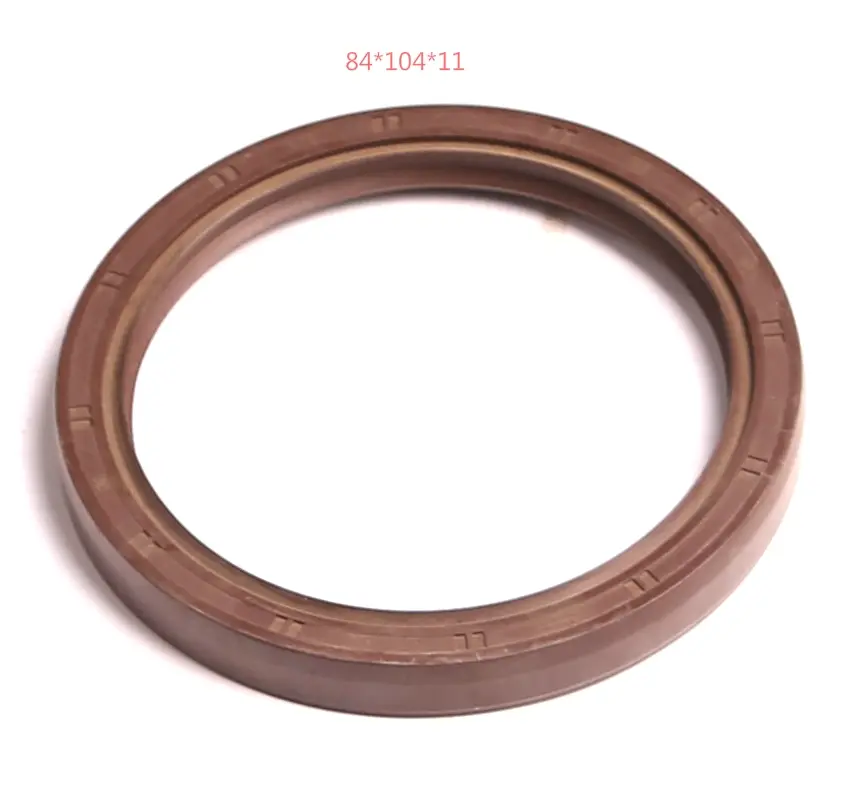10 月 . 30, 2024 13:55 Back to list
oil seal rubber
The Importance of Oil Seal Rubber in Modern Applications
Oil seals, commonly referred to as oil seal rubbers, play a crucial role in various mechanical systems by preventing the leakage of lubricants and contaminants. These seals are often found in engines, transmissions, and various industrial machinery, highlighting their significance in maintaining operational efficiency and extending the lifespan of equipment.
Understanding Oil Seal Rubber
Oil seal rubbers are designed to create a tight seal between rotating and stationary components, effectively containing lubricants while preventing dust and dirt ingress. Typically made from elastomeric materials, these seals can be engineered from various rubbers, including nitrile (NBR), fluorocarbon (FKM), and silicone (VMQ). Each type of rubber possesses distinct properties that make it suitable for specific conditions, such as temperature resistance, flexibility, and chemical compatibility.
Nitrile rubber is the most commonly used material due to its excellent resistance to oil and fuel. It offers a balance of flexibility and stiffness, making it ideal for automotive applications. In contrast, fluorocarbon rubber is preferred for high-temperature applications, as it can withstand extreme conditions while maintaining its sealing integrity. Silicone rubber, known for its high-temperature and low-temperature flexibility, is often utilized in environments exposed to harsh weather or chemicals.
Applications of Oil Seal Rubber
The advantages of oil seal rubbers can be observed across numerous industries. In automotive engineering, for instance, oil seals are critical components in engine assemblies and gearboxes. They prevent oil leaks that could lead to reduced lubrication, resulting in increased wear and potential failure of mechanical parts. By ensuring that lubricants remain contained, oil seal rubbers help maintain optimal engine performance and efficiency.
oil seal rubber

In industrial settings, oil seals are employed in hydraulic systems, pumps, and compressors. They are essential for preserving hydraulic fluid, preventing contamination from ingress, and ensuring that machinery operates smoothly without the risk of overheating or malfunction. In these applications, the reliability of oil seal rubbers translates directly into reduced maintenance costs and improved productivity.
Challenges and Innovations
Despite their importance, oil seal rubbers face challenges such as degradation due to temperature fluctuations, chemical exposure, and mechanical wear. Over time, the materials can harden, crack, or lose elasticity, compromising their sealing effectiveness. To combat these issues, manufacturers are innovating by developing advanced materials and surface treatments that enhance durability and expand the operational range of oil seal rubbers.
Additionally, advancements in technology allow for more precise design and manufacturing processes. Computer-Aided Design (CAD) and Finite Element Analysis (FEA) help engineers create seals that are tailored to specific applications, ensuring optimal performance in challenging conditions. These innovations not only improve the reliability of oil seals but also contribute to the overall efficiency of machinery and vehicles.
Conclusion
Oil seal rubber is an essential component in many mechanical applications, serving to protect equipment from oil leakage and contamination. With advancements in materials and manufacturing technologies, the future of oil seal rubbers looks promising, providing even greater reliability and efficiency. As industries continue to evolve, the role of oil seal rubber will remain vital in ensuring the longevity and performance of critical systems. Understanding and utilizing the right type of oil seal rubber is, therefore, a key aspect of modern engineering and maintenance practices.